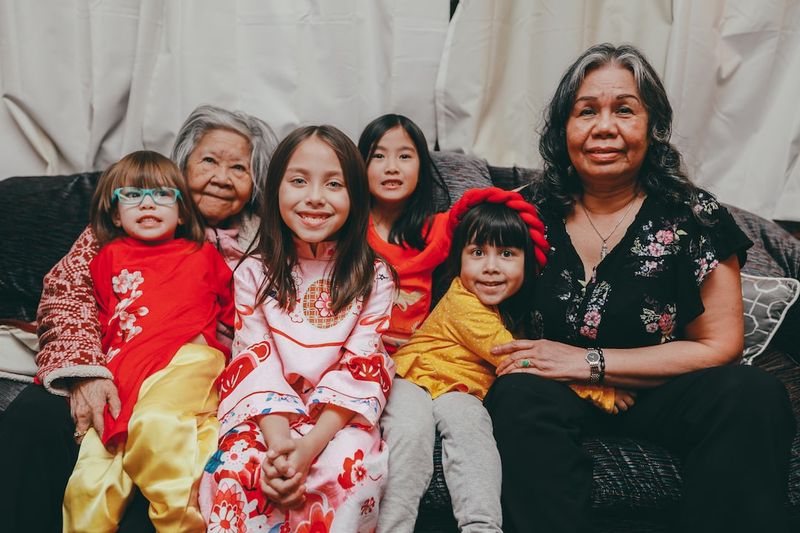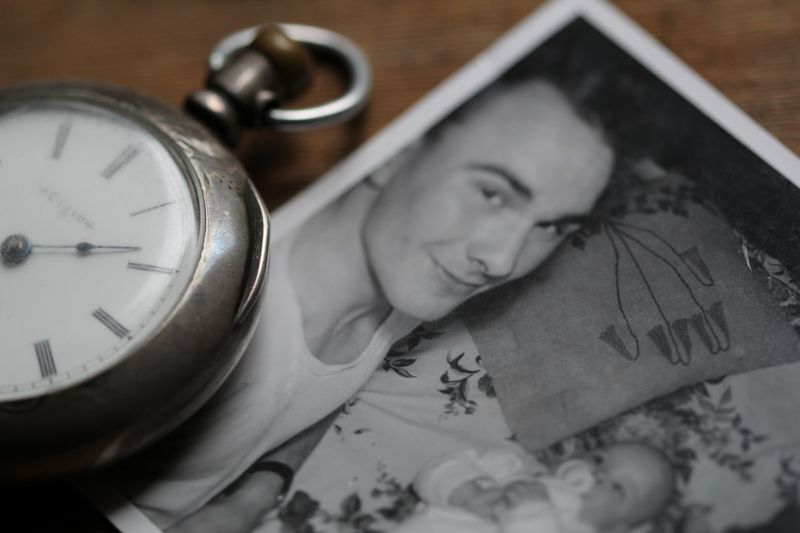Strictly’s Kevin Clifton Discovers Racial Abuse in Family History
The latest episode of the popular BBC show “Who Do You Think You Are?” took a poignant turn as Strictly Come Dancing star Kevin Clifton delved into his family history. The emotional journey led Clifton to discover that his five-times-great-grandmother, Nancy (also known as Matooskie), was a victim of racial abuse as an Indigenous Canadian woman. Clifton’s reaction to this revelation brought him to tears, as he grappled with the realization of his ancestor’s hardships.
A Powerful Moment of Reflection
Upon seeing a photo of Matooskie, Kevin Clifton, who hails from Grimsby, expressed being “overwhelmed” and became visibly emotional. The moment held great significance for Clifton, who, as a white man in his 40s and a ballroom dancer, has not experienced firsthand the prejudice and racism that Matooskie faced.
Clifton’s reaction to this discovery demonstrates the profound impact that our ancestral history can have on our present understanding of ourselves and our place in the world. It serves as a reminder that our family histories, even those distant in the past, continue to shape our identities.
The Legacy of Matooskie
Matooskie’s story is one of resilience and strength. Not only did she face racial abuse, but she also endured the loss of her second husband and three children in a tragic boating accident. Only Matooskie and her daughter Grace survived, and this event marked a turning point in Kevin Clifton’s family history.
Clifton pondered the significance of Grace’s survival, realizing that everything he had learned about his family’s past and his own existence hinged on her survival. This realization highlights how the choices and experiences of our ancestors can reverberate through generations, shaping our individual journeys and shaping the lens through which we view the world.
The Need for Reflection and Empathy
Kevin Clifton’s emotional journey on “Who Do You Think You Are?” offers an opportunity for self-reflection and contemplation on the impact of historical racial abuse. While it may be easy for some to dismiss the past as irrelevant to their lives, Clifton’s story reminds us that our family histories, even those marked by pain and discrimination, are an integral part of our collective narrative.
Clifton’s reaction also highlights the importance of empathy, even across the vast expanse of time. As he expressed feeling protective of Matooskie, despite being separated by generations, we are reminded of the power of recognizing and standing up against injustices that have affected our ancestors. Understanding and acknowledging the struggles faced by those who came before us can foster a deeper understanding of the systemic issues that persist today.
Editorial: Uncovering the Past to Inform the Present
In an era where the notion of identity and heritage has taken center stage in many conversations, the journey Kevin Clifton embarked upon offers a poignant example of how exploring our family history can shape our understanding of ourselves and our place in the world.
By uncovering the racial abuse faced by his ancestor, Clifton gained insight into an aspect of his family’s past that he had previously been unaware of. This newfound knowledge not only deepened his sense of identity but also prompted him to reflect on his own privilege and the responsibility he carries as a white man.
Clifton’s emotional journey serves as a reminder that we cannot fully comprehend the complexities of the present without understanding the historical context in which our families have lived. It is through this understanding that we can challenge the prevailing systems of discrimination and work towards a more equitable society.
Advice: Embracing Our Personal Histories
Kevin Clifton’s experience on “Who Do You Think You Are?” underscores the value of exploring our family histories and confronting the difficult aspects of our past. Engaging in genealogical research and learning about our ancestors can offer a profound sense of connection and self-discovery.
By delving into our own family histories, we may uncover stories of triumph and resilience, as well as stories of discrimination and adversity. While these stories may be painful to confront, they provide an opportunity to reflect on the systemic issues that have shaped our families and communities.
Moreover, recognizing and understanding the experiences of our ancestors allows us to develop a greater sense of empathy and compassion. It provides a foundation for advocating for a more just and equitable future.
In a world that often seeks to erase or marginalize certain histories, taking the time to investigate our personal lineages becomes an act of self-preservation and empowerment. By embracing our personal histories, we contribute to a more inclusive understanding of the past while shaping a more inclusive future for all.

<< photo by Kadyn Pierce >>
The image is for illustrative purposes only and does not depict the actual situation.




